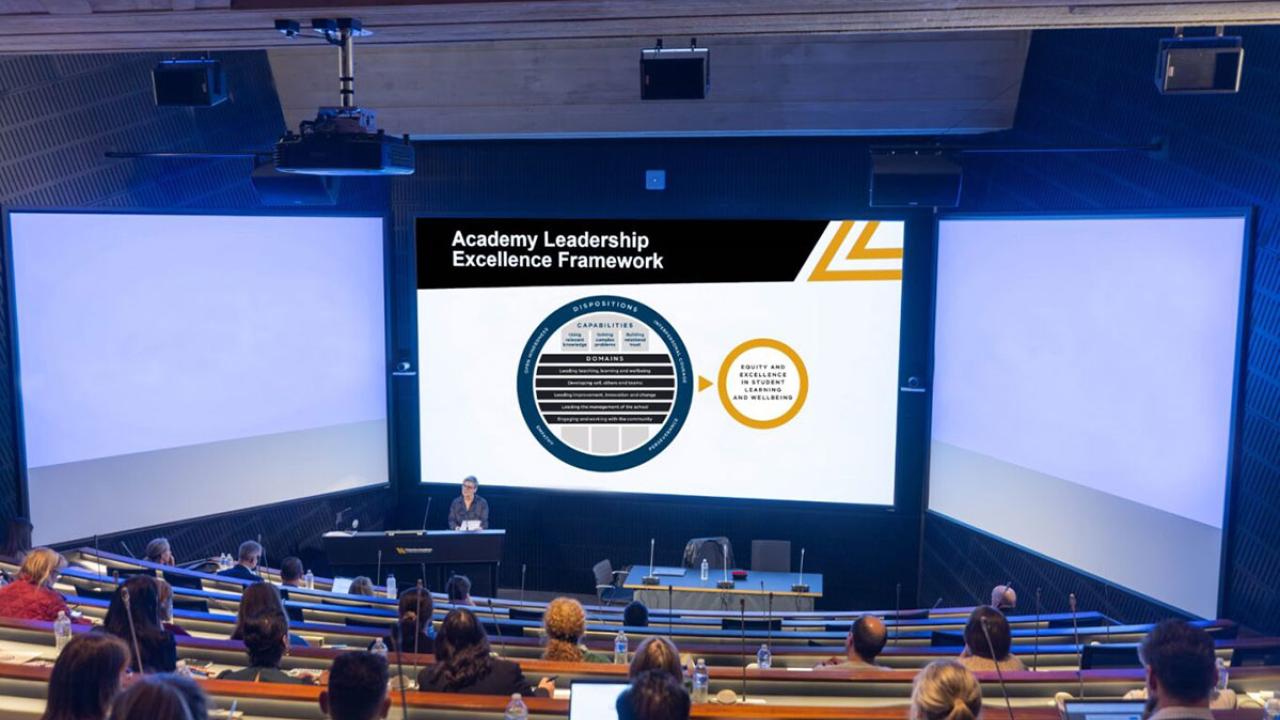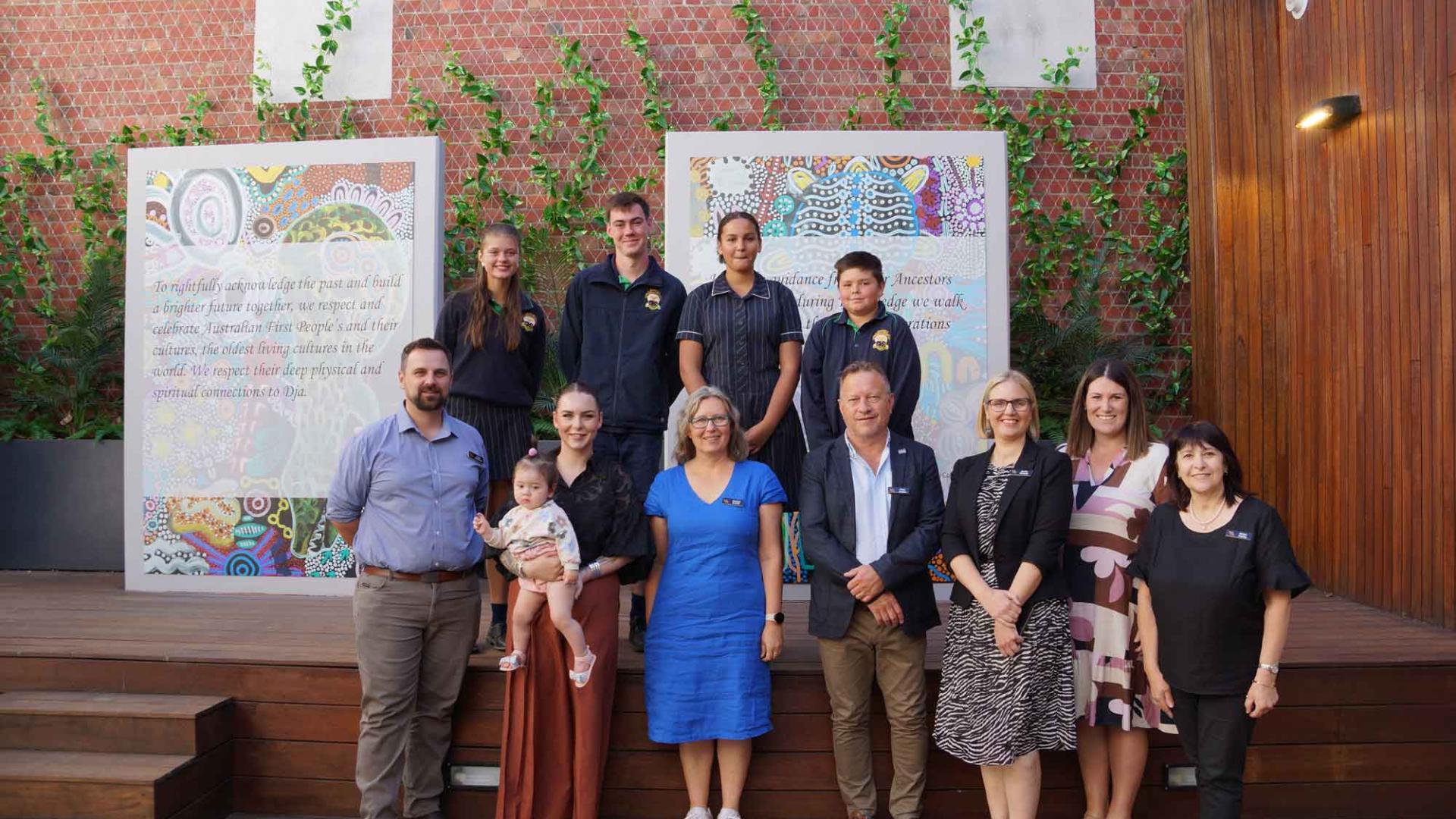23 Jan 2023
Fuel for your soul
I had the privilege and joy of interviewing Pitsa Binnion, Principal of McKinnon Secondary College in late 2022 as she approached her retirement date and the transition to her post-principal life.
During the interview we were interrupted by a former student entering Pitsa’s office. He embraced Pitsa warmly and was obviously very pleased to see her. After he had left, Pitsa told me he had experienced some significant family challenges and that she had gone to what sounded to me like extraordinary lengths to enable him to attend and thrive at school. When he successfully finished Year 12, Pitsa employed him part-time to work in an area of passion, keeping him tethered to the school, where he had a strong sense of belonging and stability.
This interaction and story typify Pitsa’s approach to school leadership – young people at the centre; generosity of spirit and self; and vision and values enacted in everyday action.
I asked Pitsa what she considers to be some of the more important aspects of leadership for modern school leaders. Without hesitation, she responded, ‘compassion, kindness and empathy’.
She explained that leading a school is ‘a people business’ with an emphasis on ‘building relationships’ and having a ‘great team around you’. And the central focus of the work, she says, is ’to make young people shine’.
Pitsa highlighted the importance of big picture thinking, as well as being courageous and taking evidence-based risks. She also referred to the need to be highly visible as a leader and to be available and present, as well as the importance of problem-solving, critical thinking and flexibility.
I asked Pitsa if she thought there were any differences for middle leaders, assistant principals and principals in terms of the primary aspects of leadership on which they should focus. Her view is that all leaders, whatever their role or span of work, need to be across their responsibilities. Leaders of areas or aspects of schools, or of programs, need ‘clarity about what you want to achieve in your portfolio’, and as part of the school leadership team.
When asked about the importance of vision, Pitsa was unequivocal about the need for leaders to create a vision, and to do so in an inclusive way. Her view is that vision should be based on values and everyone in a school community should be invited to participate in creating the vision. Not only does this create buy-in, she says, but you get much greater clarity through collective efficacy.
In terms of the role of a school leader in helping to build a positive school culture focused on student learning and wellbeing, Pitsa pointed to the importance of the vision and values as a bedrock for building culture. She also emphasised the need for leaders to model the culture and associated behaviours. Pitsa underscored the importance of acknowledging and celebrating examples of appropriate behaviour in others and equally of never turning a blind eye to behaviours that do not fit with the vision, values and culture to which the school has committed.
I asked Pitsa how important she believed professional learning was to helping leaders develop the knowledge, skills, capabilities and dispositions they need to lead effectively. Pitsa said professional learning is ‘absolutely critical’ and that it was both an individual activity and one that is hugely beneficial to undertake with others in a collegial approach.
Pitsa noted that school leaders often are and feel too busy to take the time to participate in professional learning, but that it was very important as a leader to prioritise and invest in your education, learning and growth, and in that of your team.
She described professional learning as ‘fuel for your soul’. I couldn’t have described it any better myself.
Pitsa won the Colin Simpson Outstanding Secondary Principal Award at the 2022 Victorian Education Excellence Awards.
Each year, this award recognises an exceptional principal who has demonstrated leadership excellence in a Victorian government secondary school. The recipient is judged to have made a significant contribution to improving staff and student achievement, engagement, and wellbeing; raised the quality of teaching; and improved the overall performance of their school.





